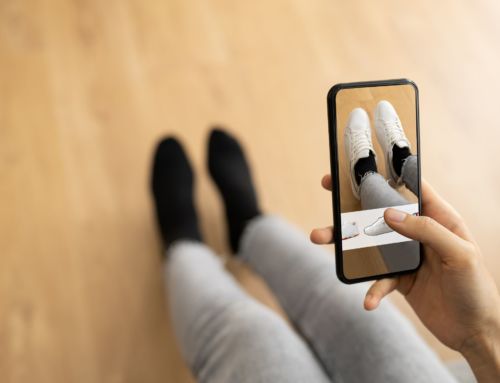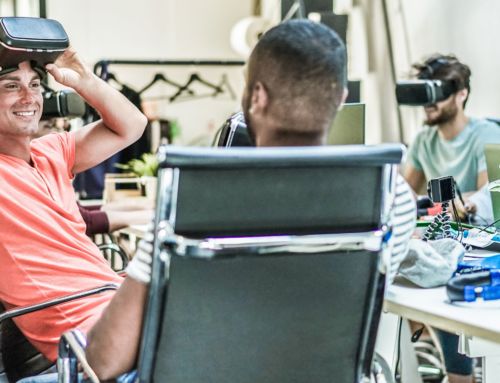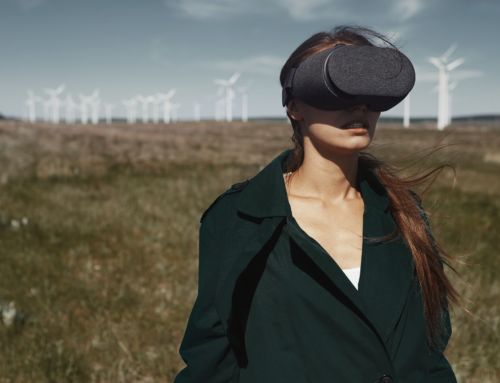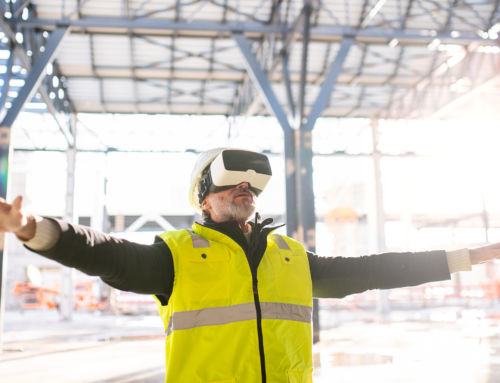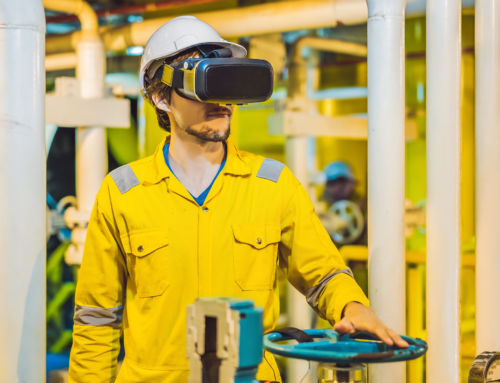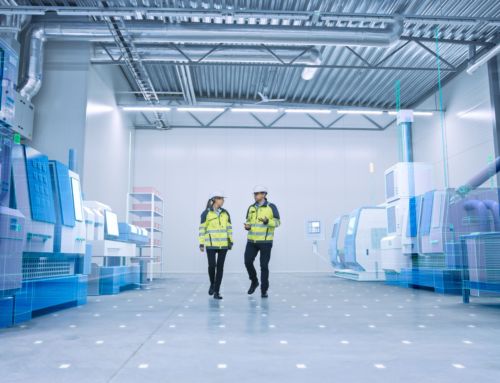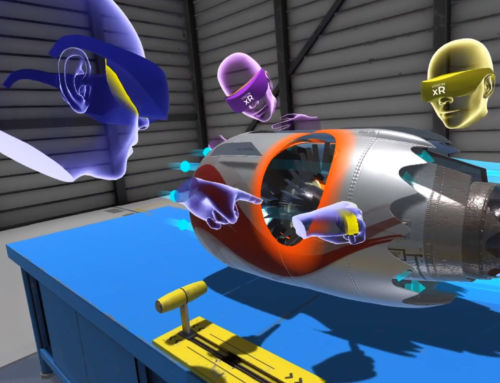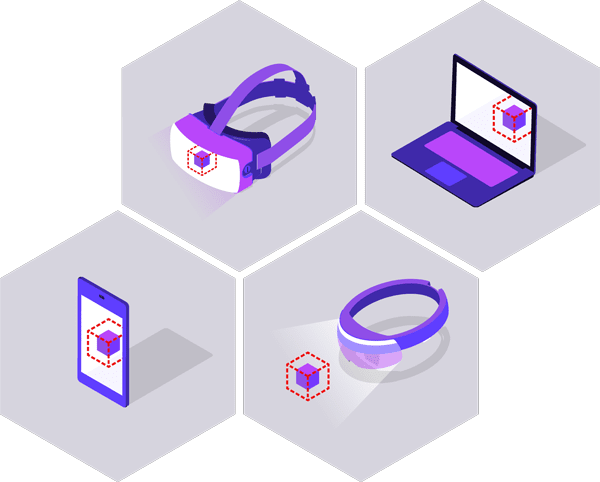We were delighted to be selected to take part in the Cambridge Judge Business School, Cambridge Venture Project initiative. As an assessed part of their course, a team of 5 Cambridge MBA students completed a research project for Future Visual on “Market opportunities & ROI measurement for immersive (VR & AR) technology”
[smartslider3 slider=3]
The report provides valuable insight and data into the current challenges, trends and benefits of immersive technology for businesses. A key focus of the report is the available ROI metrics for an immersive technology deployment.
There are some real challenges surrounding ROI measurement to enable business case creation, not least the understanding and valuation of tangible and intangible benefits with the limited user data available. Our report explores what methods and metrics companies are using to move ahead with an immersive technology solution.
Whilst there are almost weekly headlines claiming the growth potential of VR/AR our MBA team were able to move beyond the hype and ask the single most important question: “What business challenges are you solving with a VR or AR solution and how is that delivering ROI?”
Our report shows that it is only when a real business challenge is being solved, with the right technology solution, that a project will be signed off, succeed, and deliver the required ROI.
There are some sectors who are leading the way with the adoption of immersive technologies and are now beginning to see it as a competitive advantage.
Training continues to be a key area for VR/AR solutions with companies seeing real business benefits including a reduction in trainer travel time and associated cost, the ability for employees to practise in a virtual space removing the need for access to real equipment which delivers a cost and time saving, the ability to practise multiple times which reduces risk and an overall sense of increase in employee engagement and satisfaction with their training.
The report also indicates an increased interest in multi-use VR among the earlier adopters with collaboration being a key theme. Having seen success with single user deployments companies are now looking to extend the benefits of immersive to enable collaboration among dispersed teams, enabling subject matter experts to take part in training sessions and enabling peer to peer learning and collaborative working.
The MBA team at Cambridge spoke to a wide range of companies, across multiple sectors, at varying stages of their journeys with immersive, to enable them to identify key trends, benefits and barriers to adoption and to explore ROI metrics.
We were delighted to be selected to take part in the Cambridge Judge Business School, Cambridge Venture Project initiative. As an assessed part of their course, a team of 5 Cambridge MBA students completed a research project for Future Visual on “Market opportunities & ROI measurement for immersive (VR & AR) technology”
[smartslider3 slider=3]
The report provides valuable insight and data into the current challenges, trends and benefits of immersive technology for businesses. A key focus of the report is the available ROI metrics for an immersive technology deployment.
There are some real challenges surrounding ROI measurement to enable business case creation, not least the understanding and valuation of tangible and intangible benefits with the limited user data available. Our report explores what methods and metrics companies are using to move ahead with an immersive technology solution.
Whilst there are almost weekly headlines claiming the growth potential of VR/AR our MBA team were able to move beyond the hype and ask the single most important question: “What business challenges are you solving with a VR or AR solution and how is that delivering ROI?”
Our report shows that it is only when a real business challenge is being solved, with the right technology solution, that a project will be signed off, succeed, and deliver the required ROI.
There are some sectors who are leading the way with the adoption of immersive technologies and are now beginning to see it as a competitive advantage.
Training continues to be a key area for VR/AR solutions with companies seeing real business benefits including a reduction in trainer travel time and associated cost, the ability for employees to practise in a virtual space removing the need for access to real equipment which delivers a cost and time saving, the ability to practise multiple times which reduces risk and an overall sense of increase in employee engagement and satisfaction with their training.
The report also indicates an increased interest in multi-use VR among the earlier adopters with collaboration being a key theme. Having seen success with single user deployments companies are now looking to extend the benefits of immersive to enable collaboration among dispersed teams, enabling subject matter experts to take part in training sessions and enabling peer to peer learning and collaborative working.
The MBA team at Cambridge spoke to a wide range of companies, across multiple sectors, at varying stages of their journeys with immersive, to enable them to identify key trends, benefits and barriers to adoption and to explore ROI metrics.





